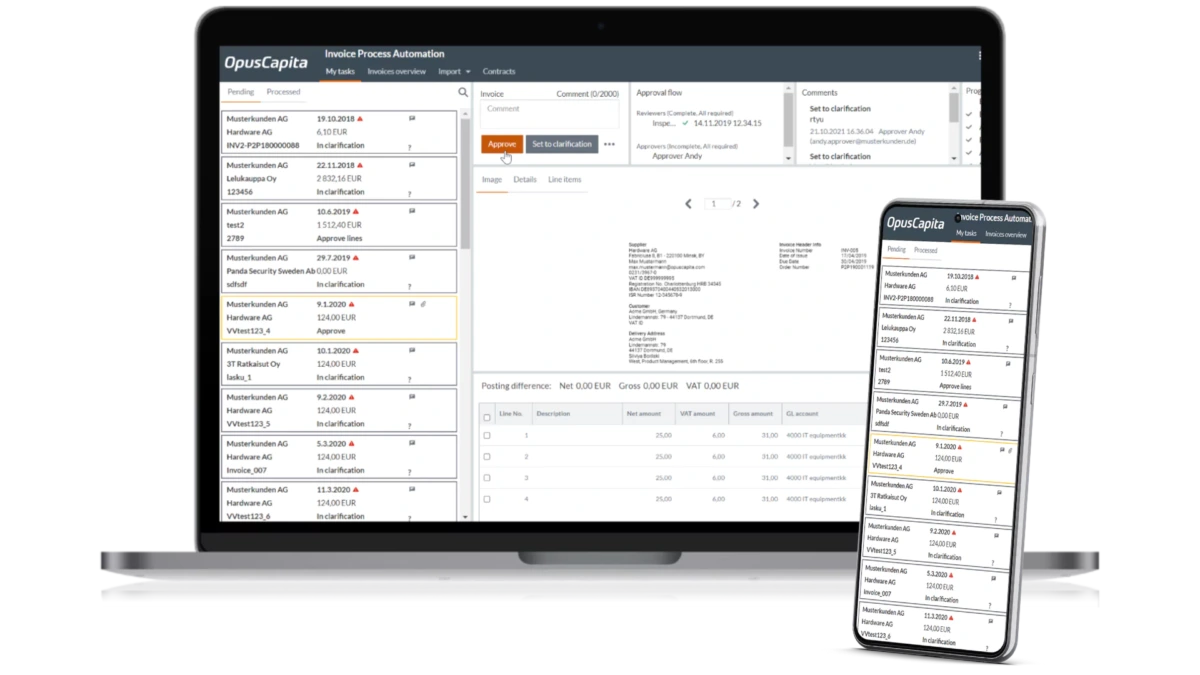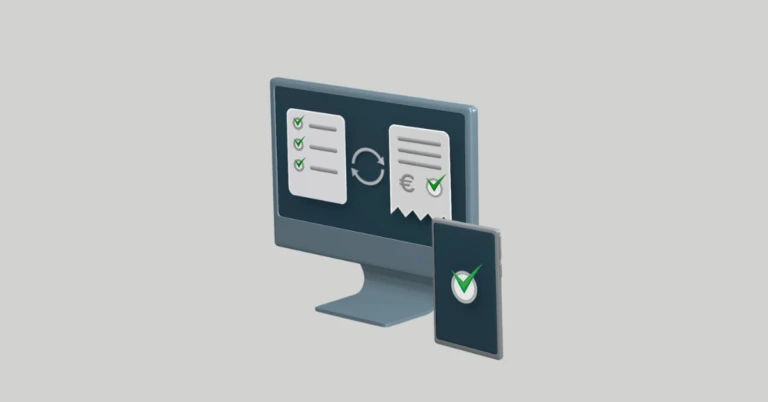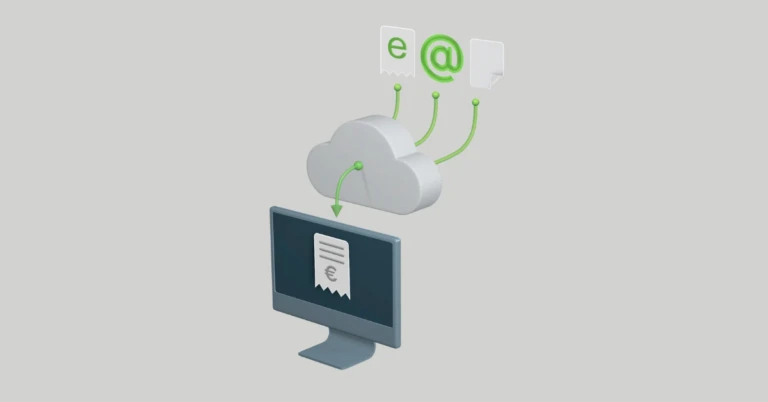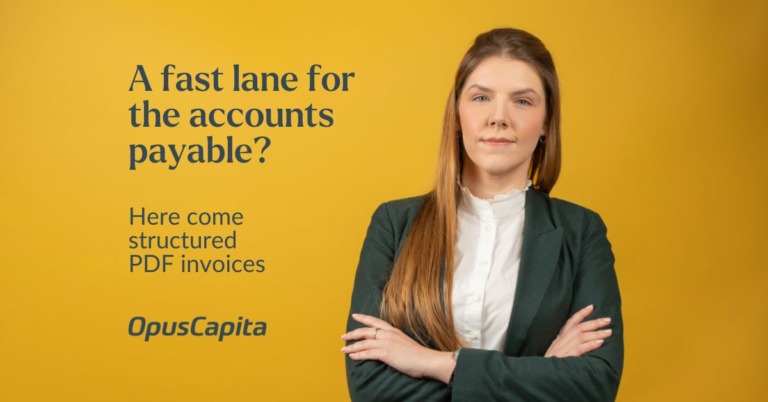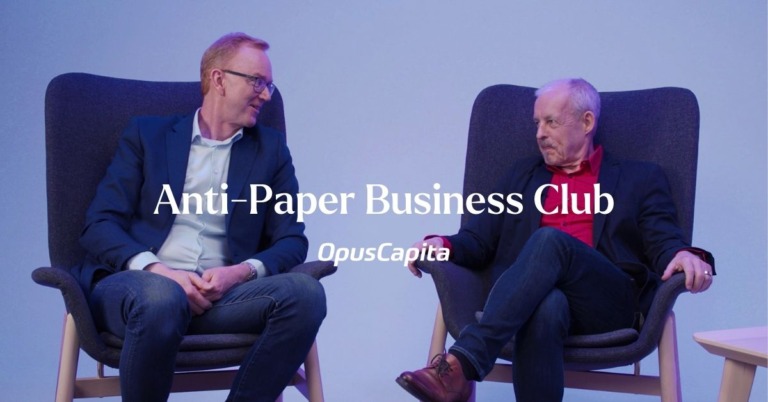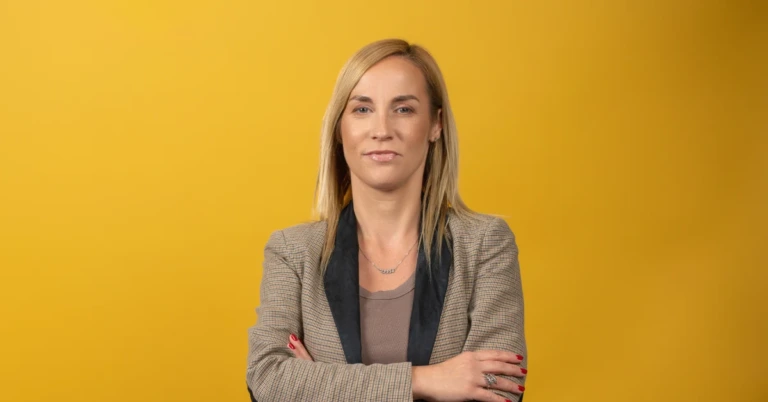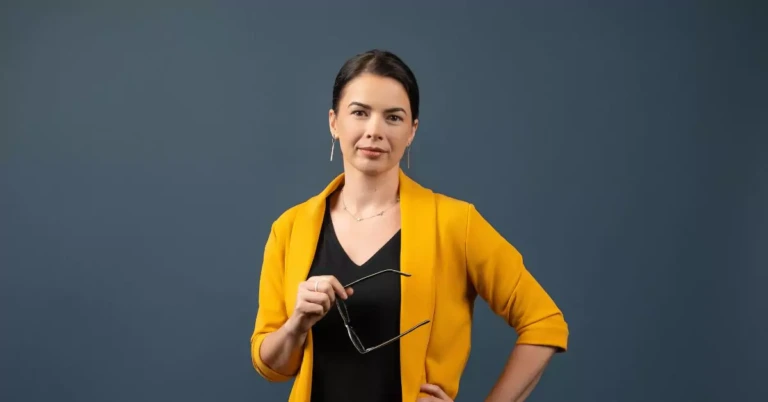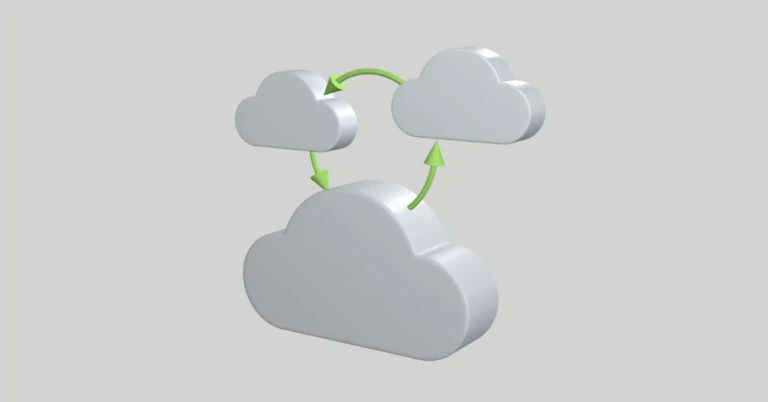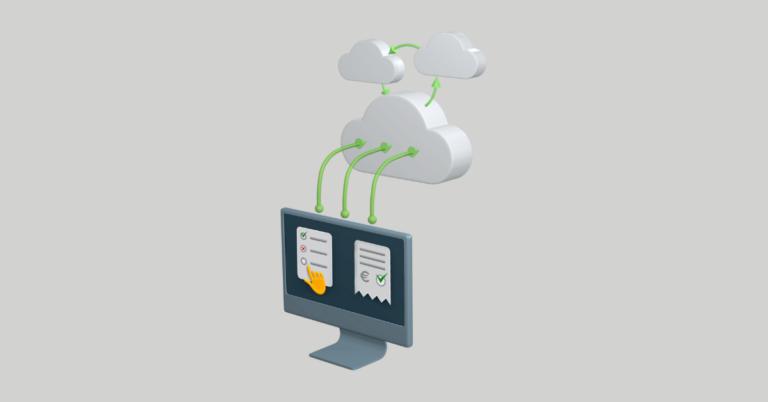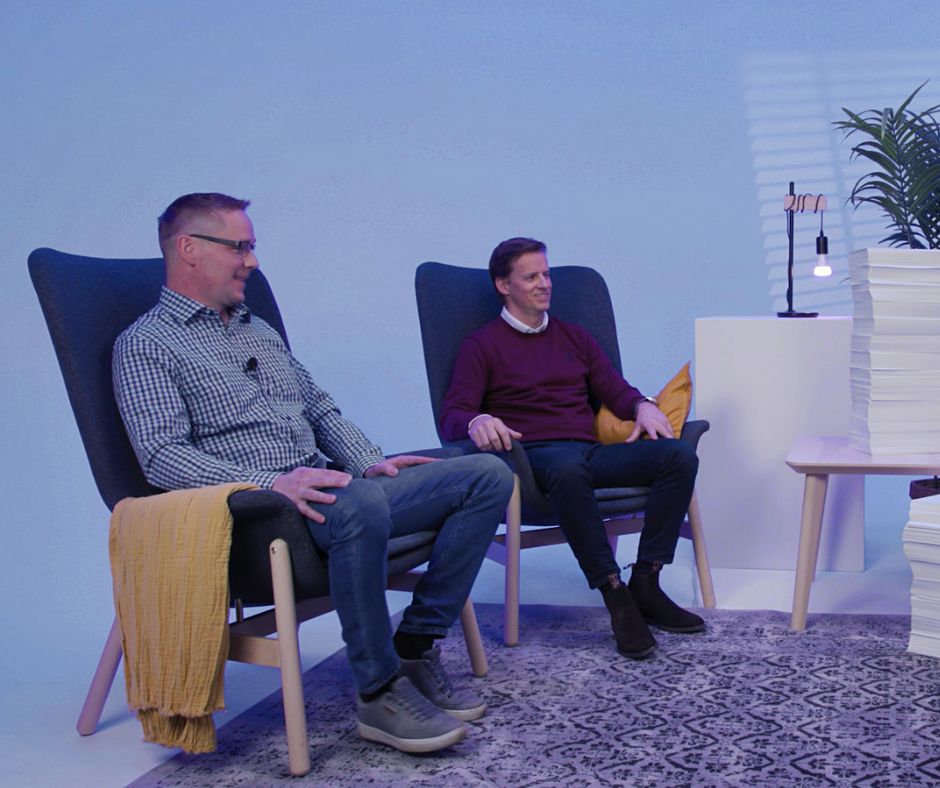
Unlocking accounts payable efficiency with invoice automation
03.05.2023
What does accounts payable efficiency have to do with the world economy? And why does having fewer paper invoices flying around lead to higher productivity, increased transparency and cost savings? Let’s hear it from Christian Hilstad, CFO, and Tommi Kouhi, Product Manager for Invoice Automation, at OpusCapita.
There’s no nice way to put it: the world economy is sputtering. When times are tough, and inflation skyrockets, both consumers and companies tighten their purse strings.
“I believe companies really want to save”, says Christian Hilstad, CFO of OpusCapita. “People are spending less, so companies are looking for other places to keep their profits up. And one of these places is obviously to get more efficiency in the administration and how we handle interactions with partners and customers.”
This is where every CFO should look into their process to ensure accounts payable efficiency. Far too many companies are still manually extracting data from invoices and purchase orders – or even handling paper invoices and printed PDFs.
“The ultimate goal is to have no paper, right? That’s what we are trying to do.”
“There are a lot of transactions done electronically now, but there is still a lot of paper going around. And it comes back to the accounts receivable and accounts payable to try to do something about it.”
An efficient accounts payable process can lead to a cascade of benefits: more efficiency means more cost savings, better-directed human resources, and environmental impact.
“Because the ultimate goal is to have no paper, right? That’s what we are trying to do.”
Sorting out the system spaghetti for accounts payable efficiency
One of the hurdles to going paper-free and improving accounts payable efficiency is that the various programs are not speaking to each other.
The “spaghetti of systems”, as Hilstad describes it, makes it hard to exchange data automatically. And this means that it’s often the easiest to print out contracts, purchase orders, and invoices and try to sort things out manually, which takes up a lot of resources that could be used elsewhere.
Sorting out the system spaghetti sounds like a daunting – and expensive! – task. Luckily, you can increase efficiency and automation without disrupting too much or overhauling entire systems.
“When you have the invoice data in one central place, everyone with the proper rights can access it.”
Enabling a more efficient data exchange between systems has the additional benefit of increased transparency, which leads to even more efficiency, points out Tommi Kouhi, Product Manager for Invoice Automation at OpusCapita.
“When you have the invoice data in one central place, everyone with the proper rights can access it.”
One of the most simple and cost-efficient ways to increase efficiency in accounts payable is invoice automation. By using various available data, the repetitive tasks, approval flows, matching and postings can be automated to the desired extent. Automatic 3-way matching, or matching in general, enables checking invoices against other documents, like contracts or purchase orders.
There are businesses where up to 95% of invoices are related to purchase orders. Enabling the invoice automation system to match the purchase order and invoice automatically can lead to significant savings. The benefits are not, however, limited to companies that operate mainly with purchase orders, as Kouhi points out.
“These companies can automate processes via contract matching. You can set rules for recurring invoices, for example, that this supplier sends invoices for 900 euros monthly. You can automate the process via automation rules or utilizing data on the invoice.”

Invoice automation directs resources to more valuable things
If invoice automation frees up time and brings savings, why aren’t all companies doing it already? Hilstad and Kouhi believe that many companies are set in their old ways and reluctant to start transforming the accounts payable and accounts receivable processes.
Some fear that improving accounts payable efficiency via automation is expensive. But it doesn’t have to mean getting rid of the existing systems entirely but adding a tool that extracts data from the current spaghetti of systems.
“You don’t have to change your SAP or Unit4 or whatever system you use. It’s more about the discipline in the organization and ensuring you utilize what you’re buying.”
“You don’t have to change your SAP or Unit4 or whatever system you use. It’s more about the discipline in the organization and ensuring you utilize what you’re buying,” Hilstad points out.
He recommends starting modularly, first identifying the parts of the process that don’t work well in the company.
“Try to do it step by step so the investment isn’t too big. If you have a lot of invoices going out, start with that. The result is that you are much more efficient: you can use your administration and finance resources on much more useful and valuable things.”
Anti-Paper Business Club continues soon with the next episodes, the next guests, and the next topics. Make sure don’t miss them; subscribe to our newsletter and we’ll keep you updated!
About the interviewees

Christian Hilstad is the CFO (Chief Financial Officer) of OpusCapita. He has been with OpusCapita since Nov 2020. Earlier he has had various leading financial and commercial roles in Nokia and in CGI, over the last 25 years. He thrives on continuous improvement, and is passionate about problem-solving, efficiency improvements, and finding simplistic approaches to complex challenges, especially in order to deliver actionable information to management teams.

Tommi Kouhi is the Product Manager for OpusCapita Invoice Automation, and he has been the man behind our earlier 2nd generation and current 3rd generation AP automation solutions. Tommi has over 20 years of experience in building different invoice processing systems and processes, and he is much involved also in the implementations and maintenance of our customers’ solutions.
